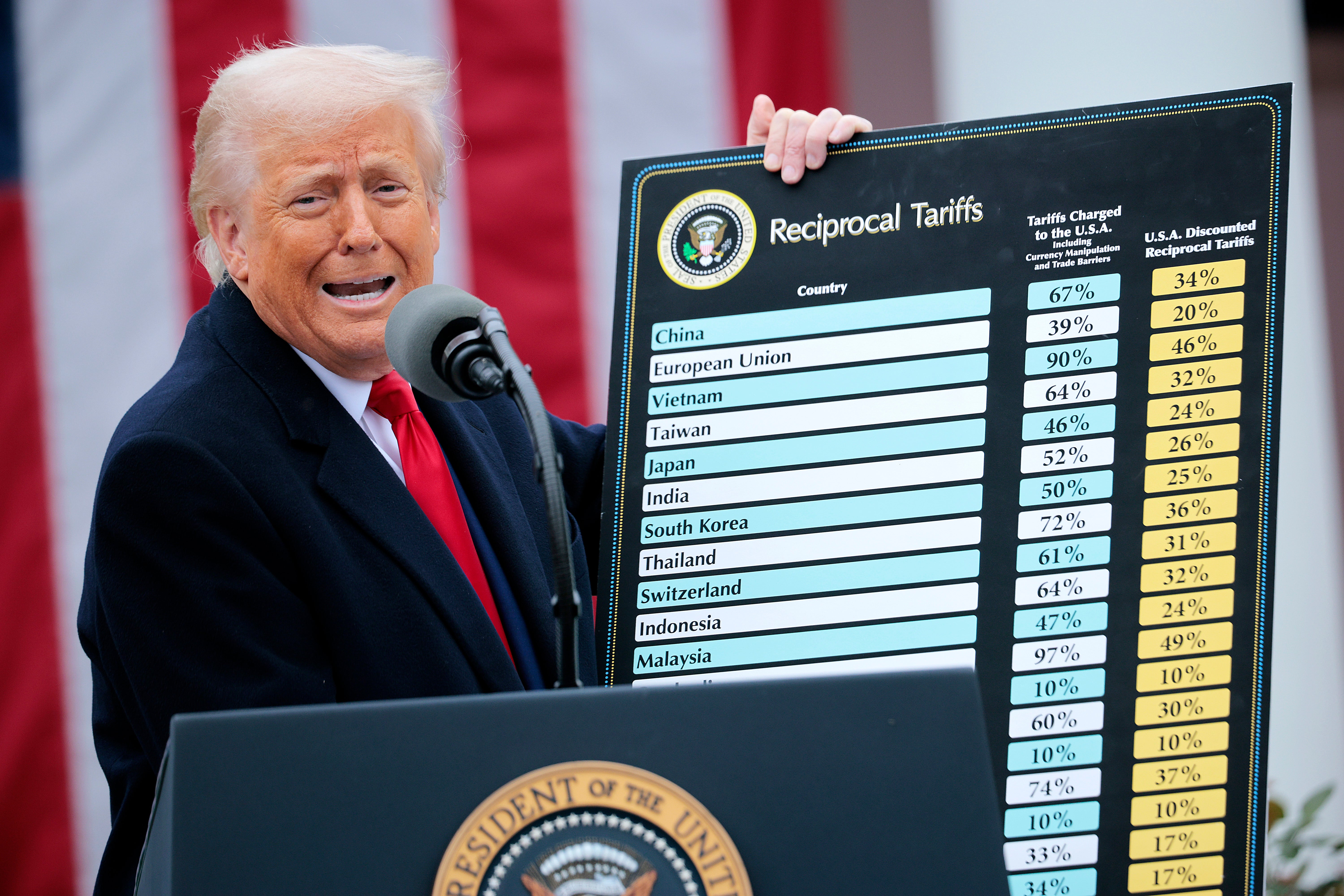ARTICLE AD BOX
Some small foreign retailers are giving up on business in America as President Donald Trump ends a loophole that previously made cheaper goods exempt from tariffs.
May 2 marks the end of the “de minimis” exemption, a longstanding rule that applied to packages entering the U.S. worth under $800. Under the exemption, retailers overseas were allowed to sell products at lower prices by shipping them straight to consumers, bypassing domestic warehouses.
Trump’s move to eliminate the exemption applies to products originating from China and Hong Kong and is in addition to his tariffs totaling 145 percent on the world’s second-largest economy.
The loophole is commonly used by online Chinese retail giants such as Shein and Temu, but the removal of the exemption is also hurting smaller businesses.

“We're going from zero to 145 percent, which is really untenable for companies and untenable for customers,” Cindy Allen, CEO of Trade Force Multiplier, a global trade consultancy, told Reuters news agency.
“I've seen a lot of small to medium-sized businesses just choose to exit the market altogether,” Allen added.
UPS CEO Carol Tome echoed the same concerns Tuesday. Tome said that many small- to medium-sized businesses the delivery firm works with source “100 percent of their goods from China,” Reuters reports.
Some overseas businesses are trying to work around the end of the de minimis exemption. British fashion retailer Oh Polly has hiked prices in the U.S. by 20 percent, according to Reuters.

Canadian lingerie brand Understance said it was pausing shipping to the U.S. as a result. “We don’t want to do this either,” the company said in a statement to customers on Instagram.
Understance gave the example of how the removal of de minimis would impact the cost of a bra. “If a bra’s tag price is $59, we will be required to collect an additional $95.58 from you and remit this to the border agency, making the total $154.58,” the company said.
The company added that it would resume shipping to the U.S. once there is more “clarity.”
Senders overseas using the loophole have not had to share as much information about the contents of packages with U.S. Customs and Border Protection.
From today, they will have to provide much more detail about where each part of their product is made, which is likely to be off-putting for smaller retailers.
China and the U.S. have been at loggerheads since Trump’s tariffs were introduced, and the country has retaliated with 125 percent tariffs on U.S. imports. The Chinese commerce ministry said Friday that the U.S. had approached Beijing to engage in talk









 English (US) ·
English (US) ·